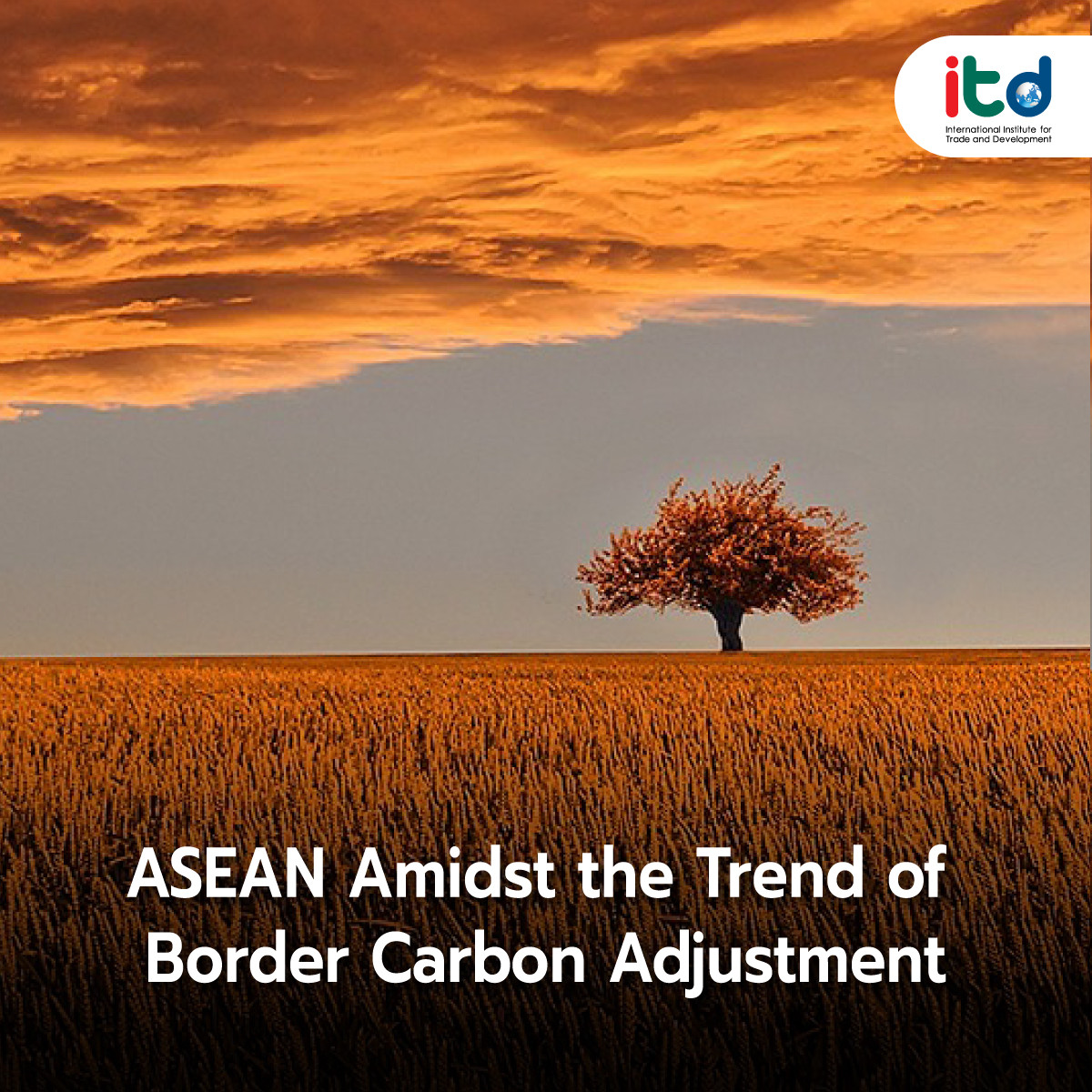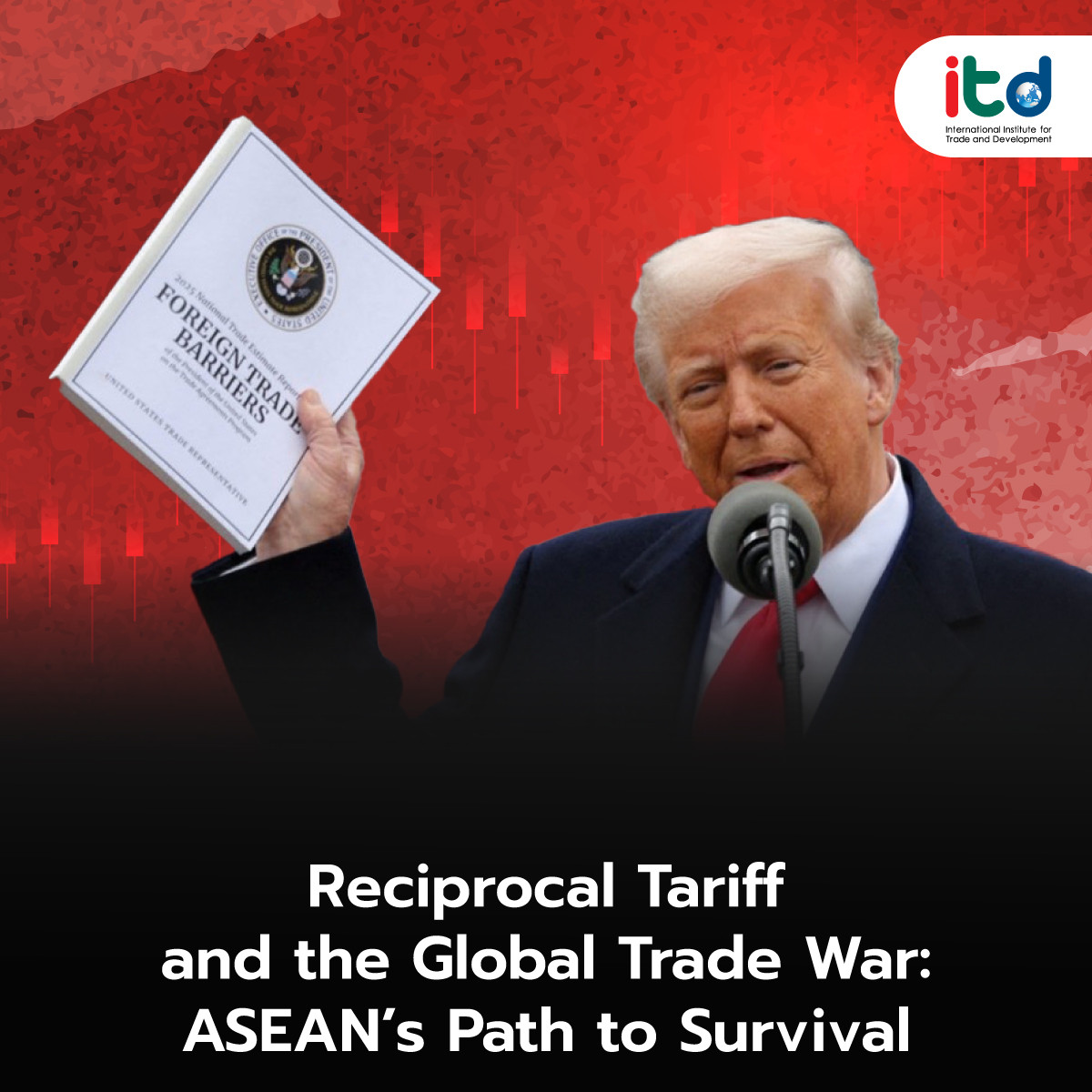About Documents
Amid the fervor to address global environmental issues, various countries have implemented stringent environmental policies as part of efforts to reduce greenhouse gas emissions, a principal cause of climate change.
Stringent environmental policies have led to increased costs for businesses. Entrepreneurs therefore need to adapt, including relocating the production bases to countries with more lenient policies, resulting in carbon leakage. This has led to the adoption of Border Carbon Adjustment (BCA) measures.
BCA measures aim to reduce the discrepancies in environmental policies of different countries by reflecting the greenhouse gas emissions of products, which helps create equality in competition between domestic and foreign businesses. However, BCAs are also viewed as being implemented to protect domestically produced goods.
A notable BCA measure is the European Union’s Carbon Border Adjustment Mechanism (EU CBAM), which became mandatory in October 2023 and will be fully implemented in 2026. Additionally, California, USA, has enforced a BCA for electricity imports.
Currently, many countries are considering adopting BCAs similar to the EU to adjust the carbon of imported goods, such as the US, UK, Australia, and Canada. The future direction indicates an increasing trend and broader scope for BCA implementation.
However, the challenge with future BCA implementation is that countries independently establish unilateral measures with varying standards, criteria, and calculations for carbon adjustments. If BCAs are enforced by multiple countries, exporters to these markets will undoubtedly face impacts.
Furthermore, the implementation of CBAM by the EU indirectly pressures countries wishing to export to the EU to adopt stringent environmental policies. This has prompted several ASEAN countries, including Indonesia, Malaysia, the Philippines, Singapore, Vietnam, and Thailand, to enforce or consider serious implementation of carbon tax, ETS, or other carbon pricing mechanisms, including the potential implementation of their BCAs.
The diversity of BCA standards poses a significant barrier to ASEAN exports, especially for export-dependent countries like Thailand. It is crucial for ASEAN to play a strong role in pushing for unified BCA standards to benefit businesses and enhance ASEAN’s competitive edge in the global market.
Author:
Ms. Patcha Thamrong-ajariyakun
Senior Researcher
International Institute for Trade and Development (Public Organization)
www.itd.or.th
Publication: Bangkok BIZ Newspaper
Section: First Section/World Beat
Volume: 37 Issue: 12581
Date: Wednesday, February 21, 2024
Page: 8 (bottom)
Column: “Asean Insight”






